WE ALL COME INTO THE WORLD INHERENTLY GOOD, BUT THEN WHAT HAPPENS?
A few years ago I had both the privilege and the honor of meeting His Holiness the Dalai Lama. In fact, I was able to do this more than once while working with an organization he co-founded aimed at researching the science behind kindness and compassion.
I have a photo of him on my laptop that I often look at with awe. It illustrates a model of a man in his 80s, who has continually nurtured the innate kindness, love and goodness we were all born with, and who exudes the unconditional love of a small child with the wisdom of an eminent scholar. In essence, he works hard, and believes we all can, to cultivate and learn this culture of care. Caring for others with love, he believes, will heal the world.
I can’t describe what it felt like sitting in a room with only a few others as he shared his passion by looking directly through all of us, convincing us with the most powerful proof – his own being. He’s the Dalai Lama, sure, but he was sharing the science of what it takes to be kind, empathic, compassionate and being it, at the same time. (Like I said, hard to describe.)
And yet, the entire reason we were there, in that room crafting a plan to spread kindness and goodness to schools globally, was that the scientists in the room had worked for decades to research how the neuroscience of this works. In fact, the science of neuroplasticity and of the cultivation of empathy, compassion and generosity is a large field of science, growing each year.
The neuroscience shows that our brain plasticity as young children is the ideal time to encourage this lifelong skill. Research also shows that institutions of all kinds, and their employees, patients and students have benefited from the practices of kindness, compassion, generosity and mindfulness in the workplace, hospitals, schools and universities. Dr. Richie Davidson, a leading researcher on this and also in the room with us that day, argued an even stronger case for starting this at a young age. “There is an increasing range of hard-nosed scientific research that clearly indicates that we are born with an innate bias, an innate propensity for kindness. Very young infants of six months of age prefer to watch interactions that are kind interactions – cooperative, helping. They prefer that over interactions that are aggressive and antagonistic encounters.”
So given that we are born with these skills, I kept wondering if this is why I have often believed that humans, more often than not, are drawn to doing the right thing when it comes to being kind, compassionate, generous or loving, even if our skills don’t feel very Dalai Lama-worthy. After all, I work in corporate social responsibility, with purpose-driven brands and organizations that are taking on the most intractable issues like child labor, climate change or food security. Yet time and time again, it is the stories of resilience, hope, courage and bravery that inspire us, compel us to do good, and seek the action for others to join.
In these times, finding the goodness in people, companies, government and society feels hopeless to many. I remain hopeful, however, of the innate goodness that Richie’s research (and His Holiness) convinced us resides inside us all since our earliest days. It’s the hope that is there to be nurtured, exercised, dusted off and coaxed out, the way babies smile at us without knowing anything about us. Trends come and go, but that innate nugget is always there, waiting for the moment to be encouraged. It is the brands that do this cultivating, encouraging and work that ultimately will win. For we all want to be connected to the good guys, and to feel our goodness ourselves.
I believe this because I have seen it in the work that I do for years. I have seen companies do the right thing, even though it cost them money. I have seen non-profits take on hunger, slavery, endangered species and conservation because they believe they can solve these problems, against tough odds. And I believe that when each of us is giving to others, in small ways, we feel better.
When we experience goodness ourselves, or our customers, students or patients experience it, it spreads. Just like the Dalai Lama showed us.
His Holiness the Dalai Lama, 2015
